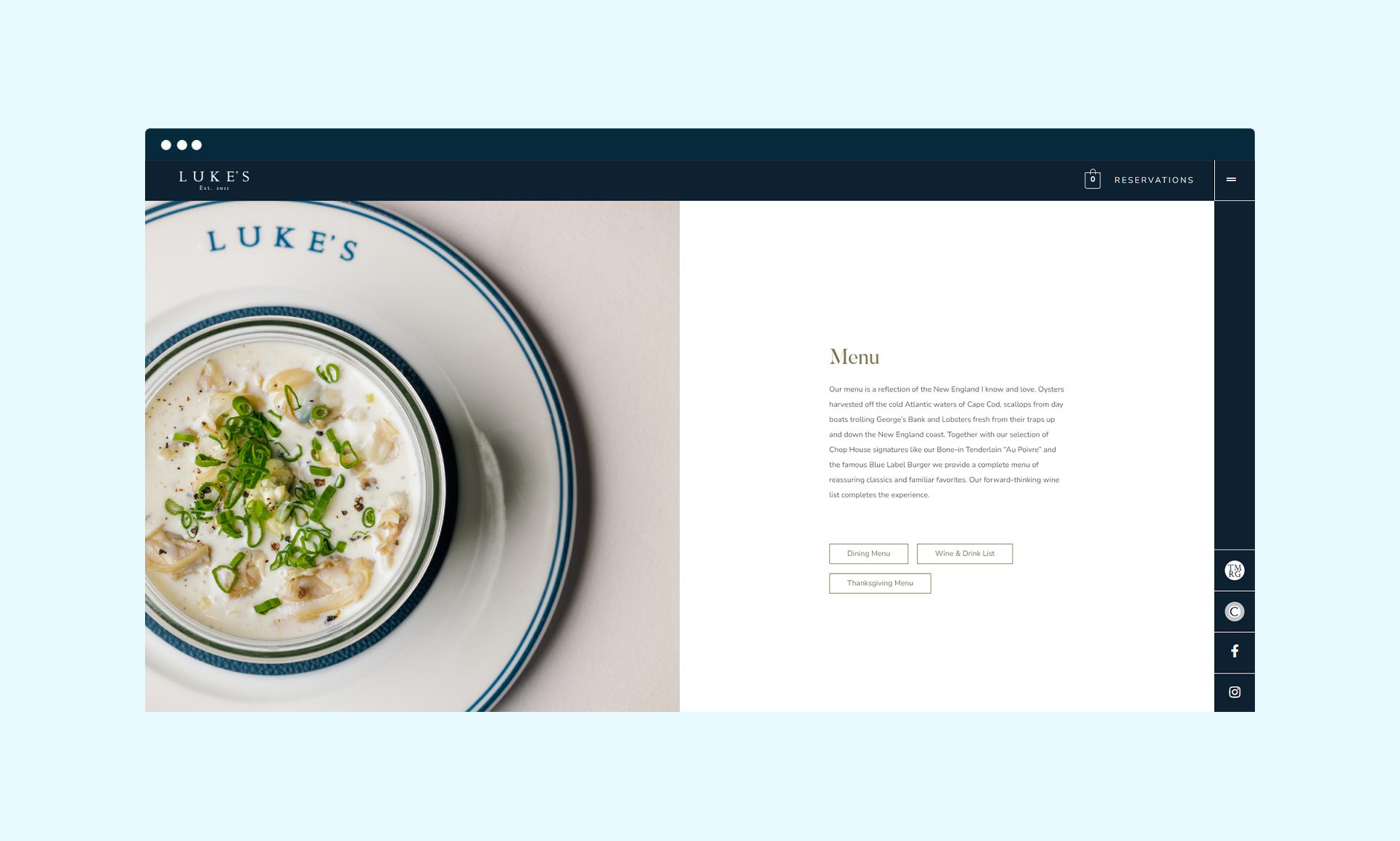Website design plays a crucial role in boosting search engine optimization (SEO) efforts. It is not enough to have a visually appealing website; it also needs to be optimized for search engines to rank well in search results. A well-designed website can improve user experience, increase website traffic, and ultimately lead to higher conversion rates. In this article, we will explore the different aspects of website design that can positively impact SEO. To fidn the best website design agency you can also visit this site.

1. Mobile-Friendly Design
With the increasing use of smartphones and tablets, having a mobile-friendly website design is essential for SEO. In fact, Google considers mobile-friendliness as a ranking factor. A responsive design ensures that your website adapts to different screen sizes and provides a seamless user experience across devices.
2. Page Speed Optimization
Page speed is another critical factor that affects both user experience and SEO. A slow-loading website can lead to higher bounce rates and lower conversion rates. According to Google, the average mobile page takes more than 15 seconds to load, while 53% of mobile users abandon a website that takes longer than three seconds to load.
3. User-Friendly Navigation
Effective website navigation is essential for both users and search engines. Clear and user-friendly navigation allows visitors to find the information they are looking for quickly and easily. It also helps search engines understand the structure and content of your website, improving its crawlability and indexability.
4. SEO-Friendly URLs
URL structure is an often overlooked aspect of website design that can impact SEO. An SEO-friendly URL should be concise, descriptive, and include relevant keywords. It should also be easy to read and understand by both users and search engines.
5. High-Quality Content Presentation
Content is the backbone of any successful SEO strategy. However, how you present your content on your website can significantly impact its visibility and engagement. A well-designed website should have a clear content hierarchy, with important information prominently displayed.
Conclusion
Website design plays a crucial role in boosting SEO efforts. A mobile-friendly design, optimized page speed, user-friendly navigation, SEO-friendly URLs, and high-quality content presentation are all key elements that can positively impact website rankings. By focusing on these aspects and continuously optimizing your website design, you can improve user experience, increase website traffic, and ultimately drive more conversions.